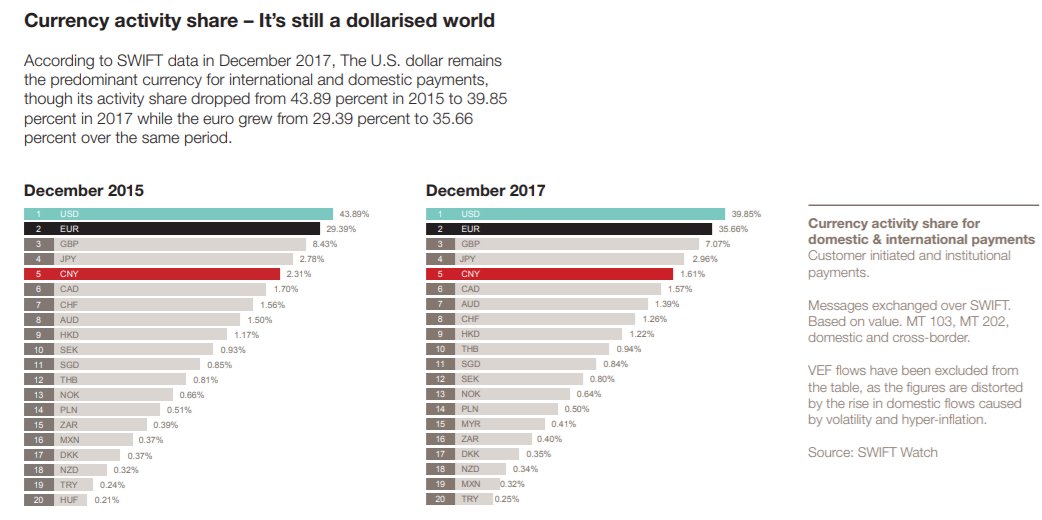In the United States, suffering for a year or more before receiving a joint replacement is unheard of. In Canada, it’s normal.
To prevent expenses from ballooning, the government sets strict budget caps that only enable hospitals to hire a limited number of staff and purchase a meager amount of equipment.
Just look at the United Kingdom’s government enterprise, the National Health Service, which turns 70 this July. Today, British hospitals are so overcrowded that doctors regularly treat patients in hallways.


















